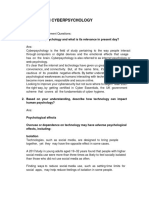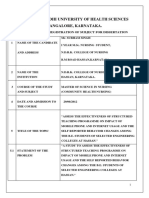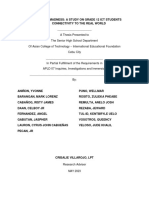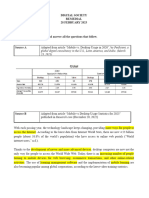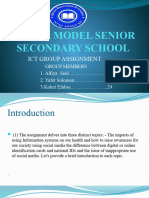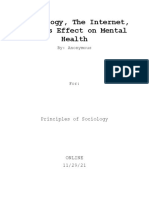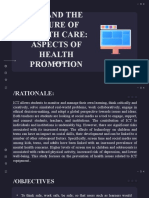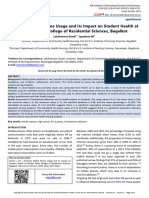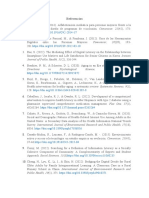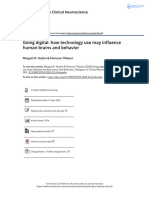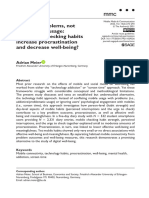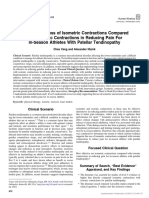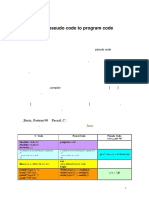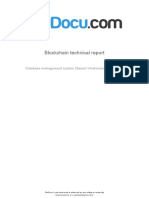0% found this document useful (0 votes)
37 views11 pagesAnnotated Bibliography For Team Project 3
The document summarizes research on the impacts of smartphone use on human physical and mental health, communication, and social connections. It includes references from various academic studies conducted between 2005-2023. The references are organized into sections on social connection, physical health, communication, and mental health. The authors of the referenced studies are researchers and professors from universities and academic institutions worldwide.
Uploaded by
api-688143381Copyright
© © All Rights Reserved
We take content rights seriously. If you suspect this is your content, claim it here.
Available Formats
Download as PDF, TXT or read online on Scribd
0% found this document useful (0 votes)
37 views11 pagesAnnotated Bibliography For Team Project 3
The document summarizes research on the impacts of smartphone use on human physical and mental health, communication, and social connections. It includes references from various academic studies conducted between 2005-2023. The references are organized into sections on social connection, physical health, communication, and mental health. The authors of the referenced studies are researchers and professors from universities and academic institutions worldwide.
Uploaded by
api-688143381Copyright
© © All Rights Reserved
We take content rights seriously. If you suspect this is your content, claim it here.
Available Formats
Download as PDF, TXT or read online on Scribd
/ 11




